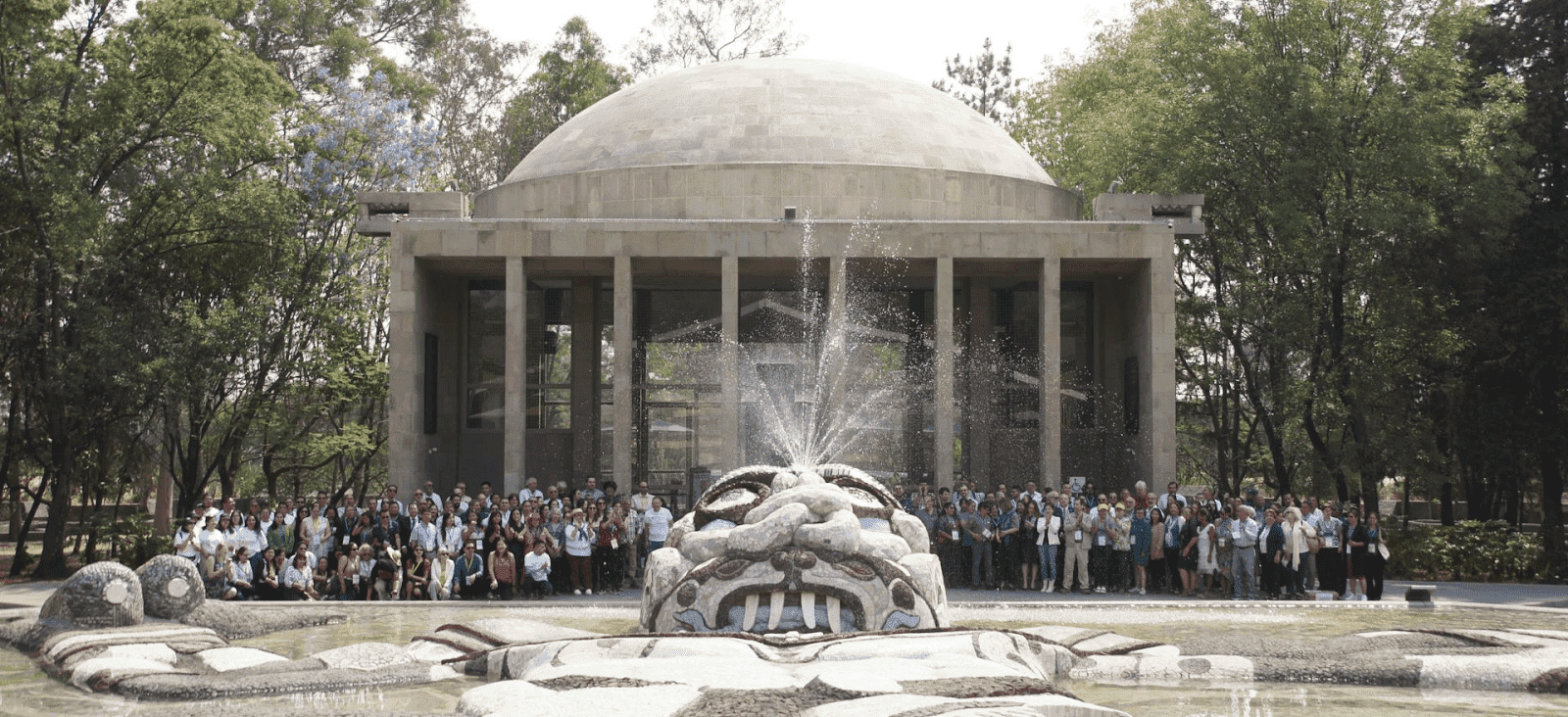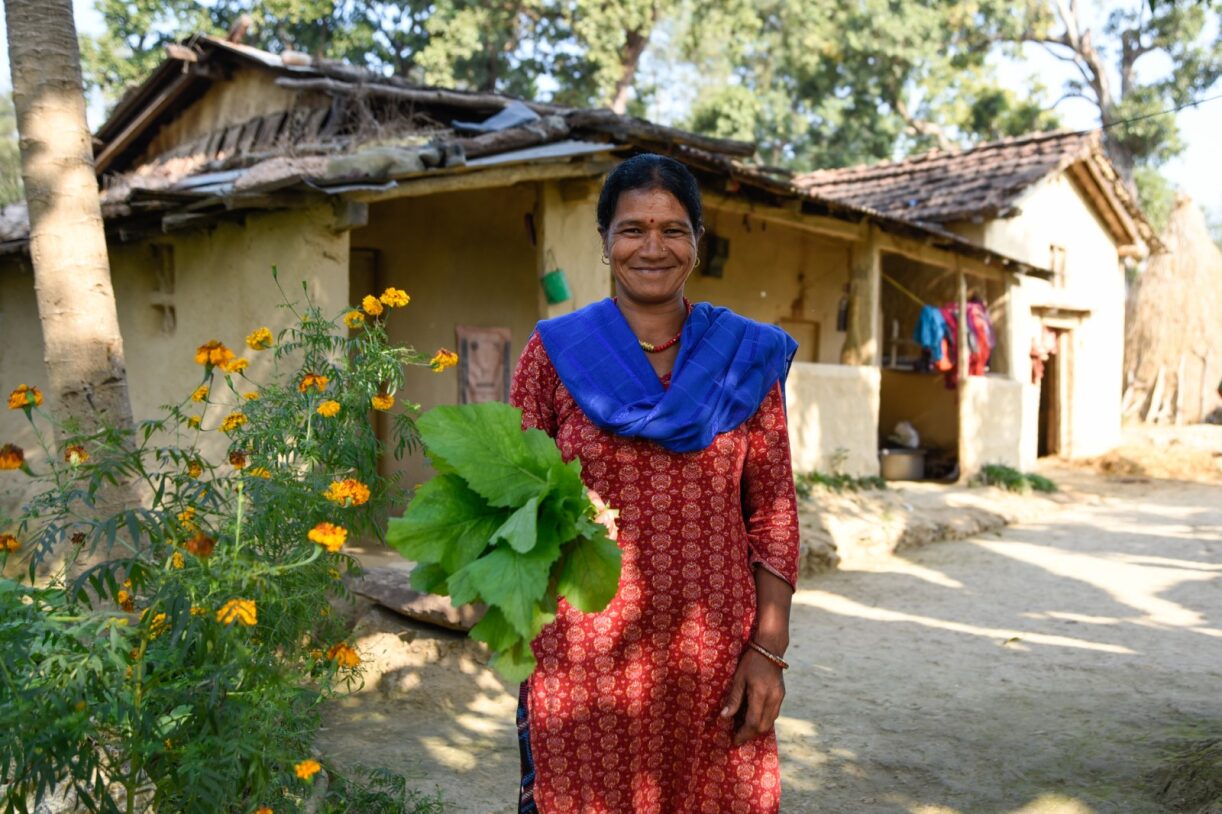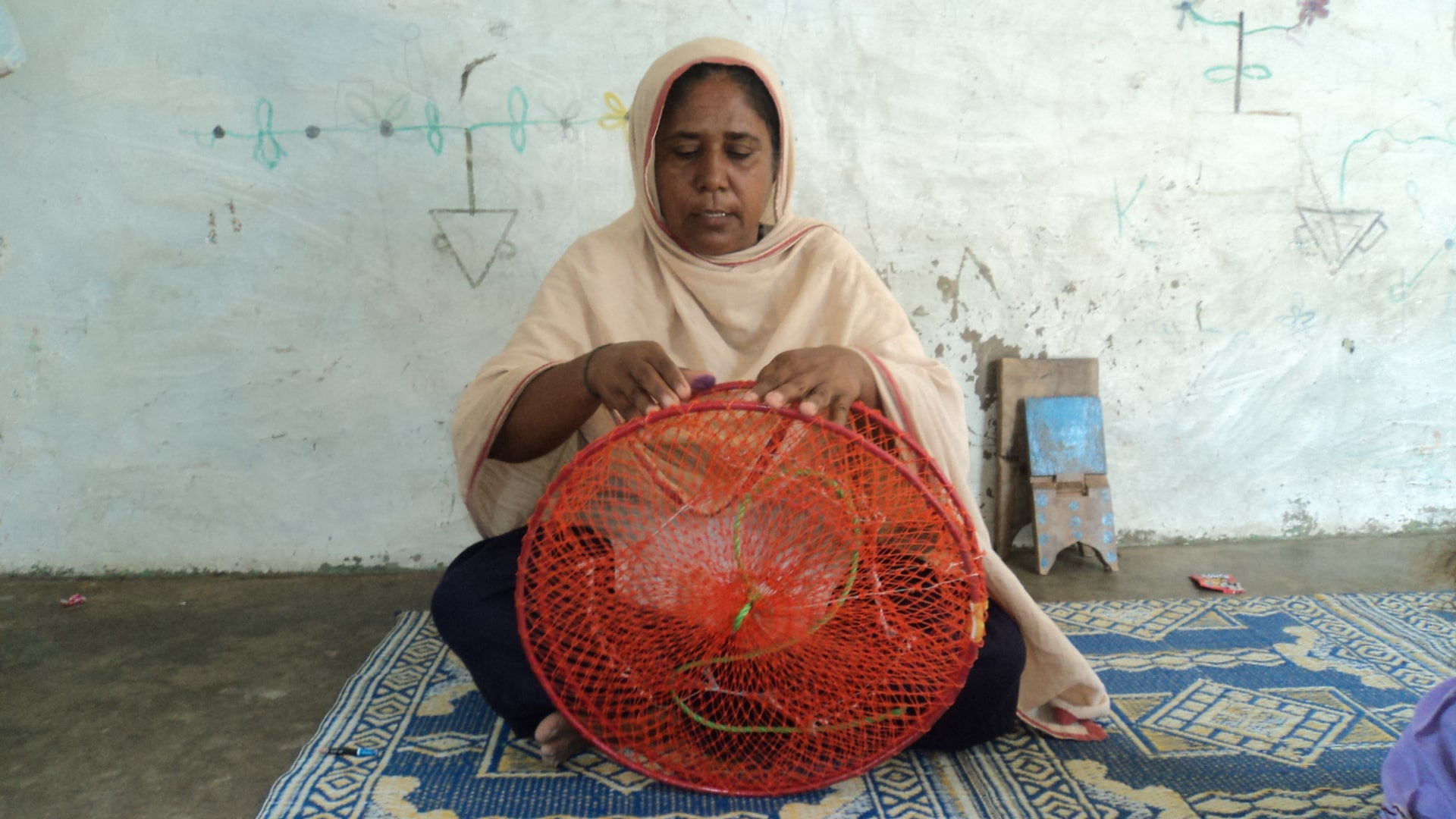Remarks by IUCN Oceania Regional Director for International Women's Day - 8 March 2024
Ni sa bula vinaka, talofa lava and good morning. Today, we celebrate across the ocean International Women’s Day, So happy Fijian women’s Day, Happy Samoan women’s day, happy Rotuman women’s day, happy Canadian women’s day, happy indigenous women’s day, happy international women’s day.
The theme for international women’s day this year is basically a call to invest in women so we can accelerate progress in the context of economic empowerment. How do we do that? The narrative for this year’s campaign also tells us that we can do that by Inspiring Inclusion.
My Samoan cultural orientation tells me that as a woman, and as a young woman, I have a voice, but I also have a place. What does this mean, it means that as a Samoan woman, I know I have a voice, but I also have a place where such a place is earned through my tautua (service) to my people, my family and my village and through my tautua, I am allowed the space to have a voice, having earned the respect of my family and my village, in doing so.
Very often in our pursuit for advancing gender equality we take foreign and western constructs on gender equality and impose them on ourselves and on our people. The result? Failed attempts at addressing our challenges and issues using foreign concepts and tools that our people are not familiar with.
We need to appreciate that answers come from within – I said in my remarks at the welcoming reception – e fofo alamea. The application in this context is that, as a region, as people of Oceania, we need to look within our own knowledge, our traditional knowledge, our indigenous science, our lived experiences and learnings, to identify solutions for the challenges that we face.
In the context of gender equality, how do we inspire inclusion from a Pacific perspective? How do we accelerate progress in a way that makes sense and in a way that resonates with us? We begin with ourselves, we begin by understanding our value in our Pacific cultural context, and we build upon those values to provide the foundation for engaging in the gender equality conversations and in promoting inclusion. This means building on our identity and who we are, our cultural heritage and we build all of these upon our roles as Guardians of our Ocean and Custodians of our Environment. Which means we do not need a foreign policy framework or rights based framework to tell us how it is done, we just need to look within and appreciate that our future is in our past, the new future for accelerating progress for women’s economic empowerment comes from our reservoir of knowledge that makes sense for us and that resonates with our people. I am not saying we do not respect the commitments our governments have made in ratifying human rights conventions and initiating policies to that effect. What I am saying is, we have a wealth of knowledge and experiences that will help us address challenges we face, these international instruments are simply guides and standards we can align ourselves to as part of a global village, BUT, alignment which is embedded in our own philosophies as Pacific people.
In relation to our work in IUCN, again this is about looking within, to maximize our impact? By contextualizing our approaches; by capitalizing on the knowledge and experiences of our people; by promoting, protecting and preserving our Pacific heritage in a way that makes sense for our region and in all ways that resonate with the people that we serve. When we do that, we naturally inspire inclusion because our people are familiar with the narrative and when they see themselves in the narrative, they gravitate towards our cause; and we inspire ownership so that we are not doing the work for them, but we are doing the work with them!
In closing I leave you with the wisdom of our very own, the Great Late Ratu Joni Madraiwiwi and I quote “In our headlong rush for modernity, we have been far too eager to embrace foreign constructs in preference to our own. It is only when the reality of the foreign has not matched the promise, that some of us have begun to take stock and revisit the reservoirs of knowledge and practice that are our heritage. There is no escaping the twenty-first century and its complexities – foremost the challenges posed by globalization. If we are to make the wise decisions and choices that will benefit generations as yet unborn, we need to be firmly rooted in our own cultures. Our ancestors learned to live in harmony with their environment. They practiced conservation because they knew that if they overexploited available resources there would be want in the following season”- end quote.
Thank you to the BIOPAMA and KIWA teams for supporting this event, I thank our Communications team for organizing our International Women’s Day campaign. Vinaka vaka levu, soifua ma ia manuia.



